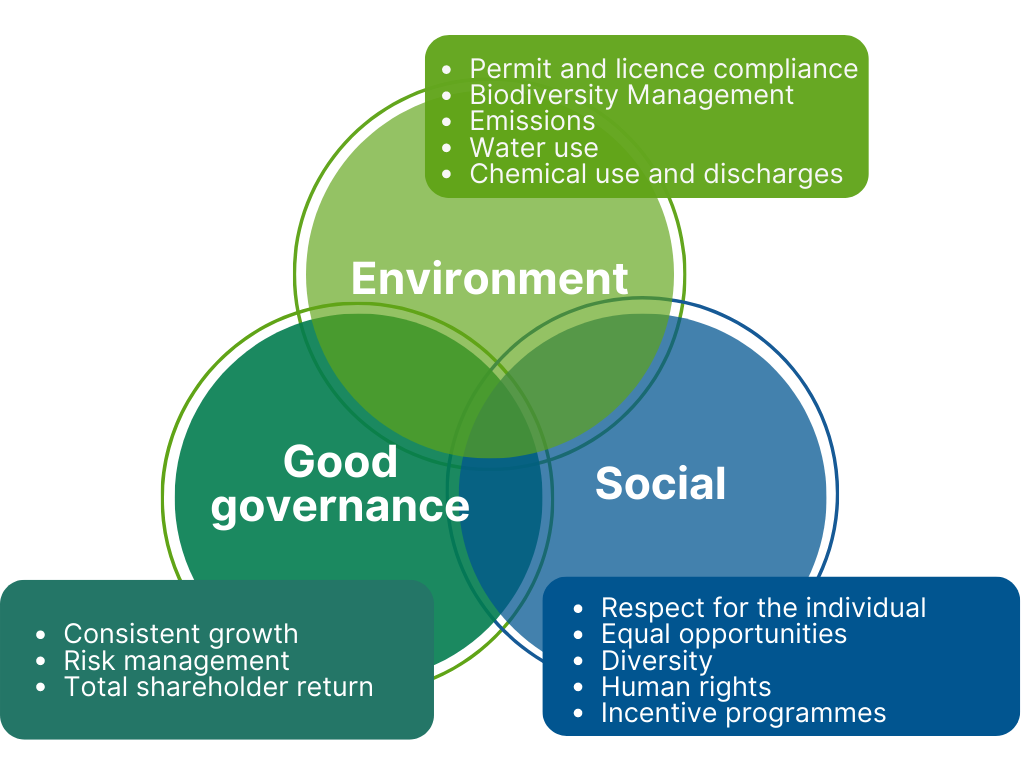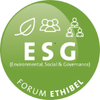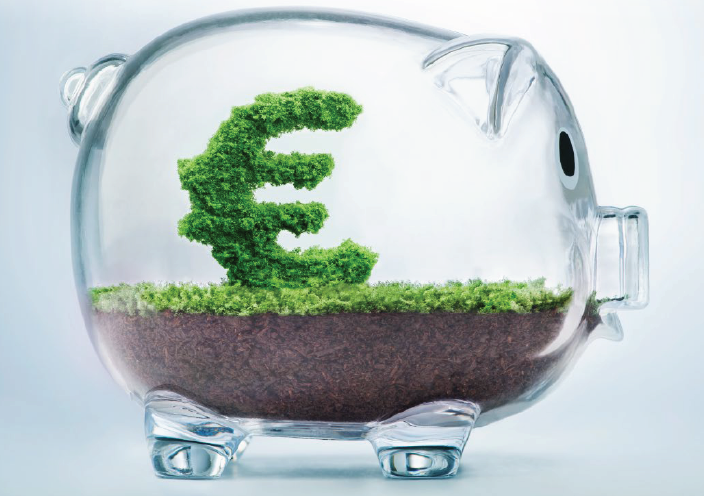What is sustainability?
Ever more people are asking questions about sustainability, and the topic is also receiving more media attention. Animal welfare, fossil fuels, labour rights, and meat consumption, are just a few of the sustainability topics that are growing in importance. But, what exactly is sustainability?
Sustainability can be defined in two ways.
In a narrow sense, the term refers to the property of “long-term existence in the right way”, also described as “permanence” and “consistency”.
On the other hand, sustainability can be considered broadly, which is also the way the concept is understood in today’s society. A broad approach does not provide an unambiguous definition. Sustainability comprises several elements, each with their individual meaning. Moreover, it is dynamic in that its interpretation follows developments in various domains and the social debate.

Sustainability considered broadly, generally consists of three domains: economy, environment, and social issues.
These three main domains overlap and point to socio-ecological, socio-economic and eco-economic challenges such as, health and safety, training and development, and energy efficiency, respectively.
The central point, where the three areas meet, is considered as sustainability.
Forum Ethibel uses the concept of sustainability in a broad sense. ESG factors ( environment – social – good governance) are the leitmotiv of our operations.
In 2023, we created a series on sustainable investing and impact investing in collaboration with Canal Z and major financial players in Belgium. Feel free to watch the episodes (available in French and Dutch) if you want to know more about these topics.
Sustainable investment
The importance of sustainability is increasing, and sustainable investment is also on the rise. More and more investors – both private and institutional – want to know whether their capital is used for sustainable purposes. Increasingly, they attach importance to the sustainable nature of a financial product – both in savings and investment products – as well as of the asset manager itself. Financial players have no choice but to respond by developing sustainable products on the one hand and integrating sustainability into their operations and policies on the other.
Sustainability strategies
Sustainable investments do not only take into account financial aspects, but also look at extra-financial elements. Sustainable products are products that use explicit, systematic and balanced social criteria when selecting the values in which they will invest (MIRA, 2018).
Extra-financial factors can be integrated in various ways. There are currently seven sustainability strategies that regularly recur: seven ways of making sustainable investments. These strategies are in line with the definitions of sustainable investment, defined by Eurosif (European Sustainable Investment Forum) and GSIA (Global Sustainable Investment Alliance). Febelfin – the representative of the Belgian financial sector – also refers to these definitions when they talk about sustainable investments.








